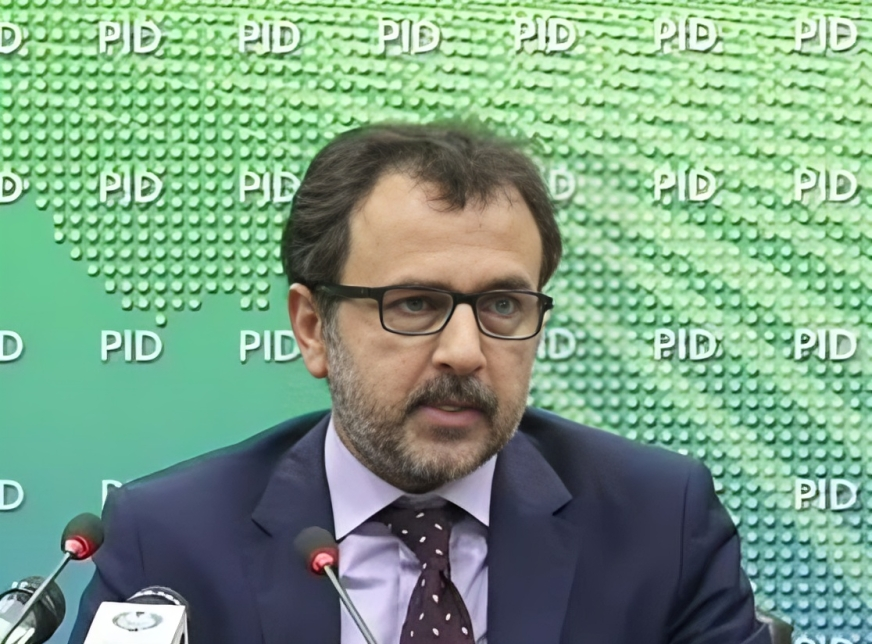Federal Minister for Energy, Awais Leghari, has defended IPP’s, that they are not to blame for the rising electricity cost in Pakistan. In an exclusive interview with Voice of America, Leghari clarified that the high cost of electricity is primarily due to the country’s economic challenges, not the IPP policy.
Leghari highlighted that the significant depreciation of the rupee has had the most substantial impact on electricity prices, resulting in an increase of Rs8 per unit. He emphasized that the IPP agreements were made during a time of electricity crisis, with investments made in dollars, which necessitates repayments in dollars as well. “is there any country borrows in dollars and repays in their local currency?” Leghari asked.
The energy minister assured that the government will not unilaterally alter or terminate agreements with the IPPs. However, he mentioned that the government is actively renegotiating the terms with mutual consent, aiming to bring favorable outcomes within the next one to two months.
Leghari expressed optimism that electricity prices in Pakistan will soon align with those in other regional countries as a result of ongoing energy sector reforms. He clarified that the high costs are not due to production expenses but rather due to loan repayments and rental costs for power plants, which heavily impact household incomes.
During Prime Minister Shehbaz Sharif’s visit to China, agreements were made to “re-profile” Chinese loans provided for Pakistan’s energy sector. Additionally, Chinese power plants will transition from using imported coal to local coal, reducing costs.
Leghari urged provincial governments to follow Punjab’s lead in providing electricity bill relief to the public. He cited Punjab’s allocation of Rs45 billion from its development budget to offer a discount of Rs14 per unit to lower-income groups, suggesting that other provinces could implement similar measures at a lower cost.
He also discussed the transition of power plants from imported coal to local coal, supported by a new railway line for transporting Tharparkar coal. Leghari emphasized that the government is working on improving the electricity transmission system and has allocated budget funds for this purpose.
Addressing concerns about solar panel installations, Leghari clarified that increased use of solar energy, if managed responsibly, could benefit domestic users without burdening the national grid. He also highlighted efforts to attract international export industries to Pakistan, which would increase electricity demand on the grid.
Leghari concluded by noting the long-standing partnership between Pakistan and the United States in the energy sector, particularly in hydropower projects, and expressed hope for continued US support in reorganizing Pakistan’s electricity transmission system.


Comments are closed, but trackbacks and pingbacks are open.